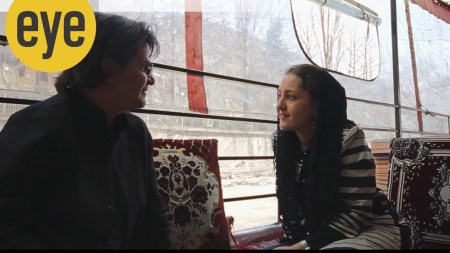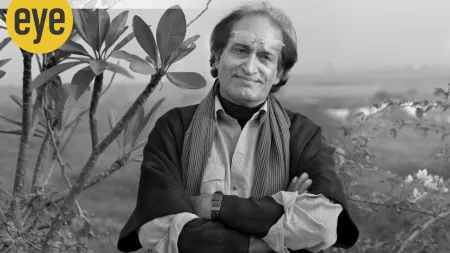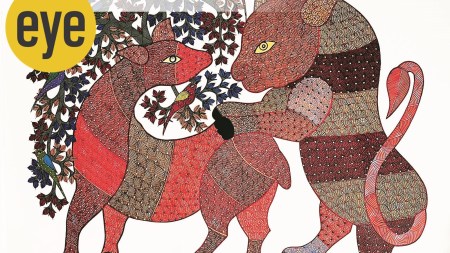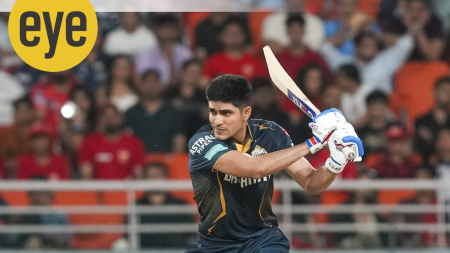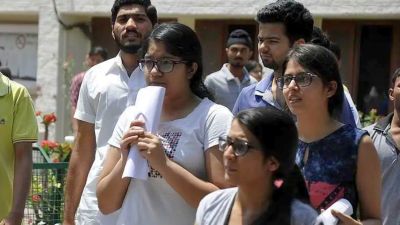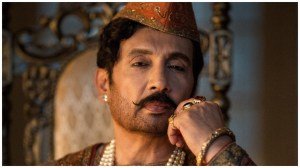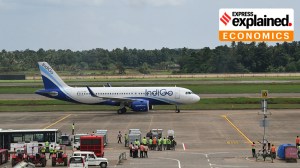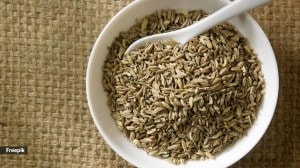- India
- International
Explained: Manish Sisodia raided by CBI, what is the alleged scam in Delhi’s (now withdrawn) liquor policy?
CBI raids Manish Sisodia: The CBI and Delhi Police's EOW are investigating allegations that the Delhi excise department, under direct orders of Sisodia, allowed a waiver of Rs 144.36 crore to the liquor cartel on the tendered licence fee, and that funds were 'diverted to public servants'.
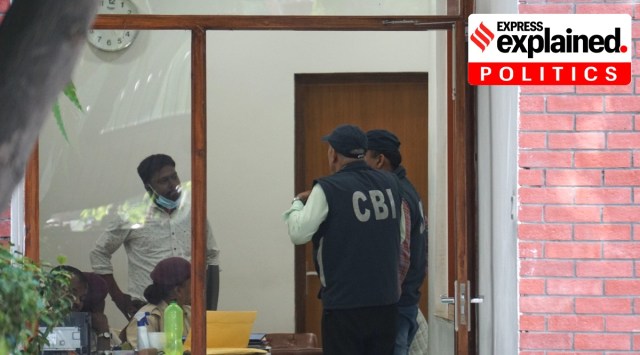 Central Bureau of Investigation (CBI) officials during a raid at the residence of Delhi Deputy Chief Minister Manish Sisodia in connection with alleged irregularities in Delhi Excise Policy, in New Delhi, Friday, Aug. 19, 2022. (PTI Photo)
Central Bureau of Investigation (CBI) officials during a raid at the residence of Delhi Deputy Chief Minister Manish Sisodia in connection with alleged irregularities in Delhi Excise Policy, in New Delhi, Friday, Aug. 19, 2022. (PTI Photo)The CBI on Friday raided the residence of Delhi Deputy Chief Minister Manish Sisodia in connection with alleged corruption in the Delhi government’s now-withdrawn Delhi Excise Policy 2021-22.
The chain of events culminating in the CBI action was set in motion on July 8, when Delhi Chief Secretary Naresh Kumar submitted a report to Lt Governor Vinai Kumar Saxena, accusing Sisodia of providing undue benefits to liquor vend licensees in lieu of “kickbacks” and “commissions”, which were allegedly used by the Aam Aadmi Party (AAP) in the Punjab Assembly elections in February.
After L-G Saxena recommended an investigation by the CBI, Sisodia announced on July 30, that the new liquor policy would be scrapped from August 1, and that only government-owned liquor vends would be allowed to sell alcohol in the national capital.
While the CBI has moved in following the L-G’s recommendation, the Delhi Police’s Economic Offences Wing (EOW) has been separately investigating the Delhi government’s excise department for alleged irregularities in the new liquor policy.
The CBI has named 15 individuals in its FIR filed in connection with the now-scrapped Delhi excise policy, with Sisodia topping the list. Quoting allegations in a memorandum issued by the office of the L-G the FIR says that Sisodia, then Delhi Excise Commissioner Arava Gopi Krishna, and two other senior excise department officials were “instrumental in recommending and taking decisions pertaining to excise policy for the year 2021-22 without approval of competent authority with an intention to extend undue favours to the licencees post tender”.

It accuses Vijay Nair, a former CEO of entertainment and event management company Only Much Louder; Manoj Rai, a former employee of wine and spirits giant Pernod Ricard; Amandeep Dhal, the owner of Brindco Spirits; and Sameer Mahendru, the owner of Indospirit, of being “actively involved in irregularities in framing and implementation of excise policy”.
According to the FIR, “some of the L-1 licence holders are issuing credit notes to retail vendors with an ab initio intention to divert the funds as undue pecuniary advantage to public servants,…showing false entries in their books of accounts to keep their record straight”.
How did the Delhi Police EOW get involved?
The revised liquor policy had proposed several changes in the existing policy, including home delivery of liquor, the opening of shops till 3 am, and allowing licensees to offer unlimited discounts. These changes were proposed by a group of ministers (GoM) in the Delhi cabinet on May 2.
Before the policy could be implemented, however, it had to be examined by Chief Secretary Kumar, who was appointed in April this year. After going through the proposal, Kumar flagged “procedural lapses” and irregularities in the new policy.
On July 8, Kumar sent a report to Sisodia, who heads the excise department, asking for a reply to his questions. A copy of the report was also sent to Delhi Chief Minister Arvind Kejriwal and L-G Saxena on the same day. The chief secretary also informed the EOW about the alleged illegalities, cartelisation, and monopolies in the liquor trade, and asked it to investigate.
What did the EOW investigation find?
The EOW collected digital video recordings (DVRs) of excise department meetings held over 15 days in July, including one on the night of July 11-12 which reportedly went on until 5 am.
The EOW issued notice to the assistant commissioner of the excise department, seeking details about the alleged illegal distribution of liquor licences to companies that had violated terms and conditions of the new excise policy. It also sought documents and details including the date on which the Delhi Excise Policy 2021-22 had been formulated, and when tenders for the grant of liquor licences under the new policy were floated.
The EOW asked the department to provide the application forms of all successful applicants that received liquor licences, along with the relevant documents they had submitted. It also asked the department to spell out the procedure it had followed to curb monopolisation and cartelisation in the liquor trade.
What did the chief secretary’s report say?
According to the report submitted to the L-G and CM, Sisodia allegedly made changes to the excise policy without the approval of the L-G, such as allowing a waiver of Rs 144.36 crore on tendered licence fee. “Excise department, under direct orders of Sisodia, decided to allow a waiver of Rs 144.36 crore singularly to the liquor cartel, on the tendered licence fee, under the excuse of the Covid pandemic,” the report said.
Officials said that if any changes are made to a policy that has already been implemented, the excise department needs to place them before the cabinet, and forward it to the L-G for final approval. Any changes made without the approval of the cabinet and L-G are illegal, and in violation of the Delhi Excise Rules, 2010 and the Transaction of Business Rules, 1993.
The report also alleged that Sisodia gave undue benefits to liquor licensees by revising the rates of foreign liquor and removing the levy of import pass fee of Rs 50 per case of beer. This, according to the report, made foreign liquor and beer cheaper for retail, leading to a loss of revenue for the state exchequer.
What was Delhi’s liquor policy that is at the heart of the investigation?
Proposed in 2020, it came into effect in November 2021. Delhi was divided into 32 zones with each zone having 27 liquor vends. It marked the exit of the government from selling liquor — only private liquor shops would run in the city, and each municipal ward would have 2-3 vends. It aimed to end the liquor mafia and black marketing, increase revenue and improve consumer experience, and ensure equitable distribution of liquor vends.
The government also made the rules flexible for licensees, such as allowing them to offer discounts and set their own prices instead of selling on MRP fixed by the government. Following this, discounts were offered by vendors, which attracted crowds. After protests by the opposition, the excise department withdrew the discounts for some time.
After the implementation of the new excise policy 2021-22, the government’s revenue increased by 27 per cent, generating around Rs 8,900 crore.
More Explained
EXPRESS OPINION
May 05: Latest News
- 01
- 02
- 03
- 04
- 05






